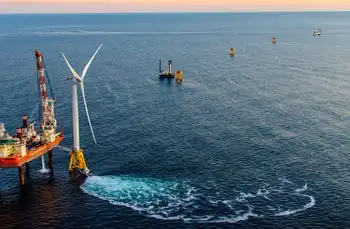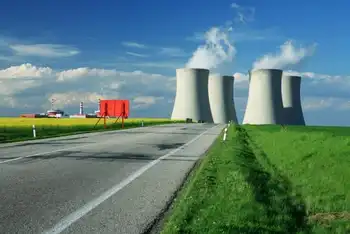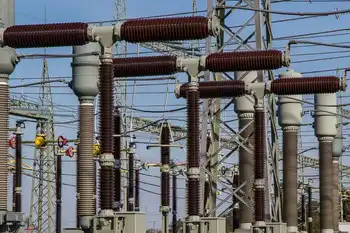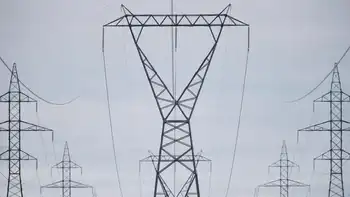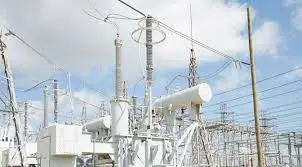Canada, U.S. to co-ordinate carbon-reduction projects
By CanWest News Service
Protective Relay Training - Basic
Our customized live online or in‑person group training can be delivered to your staff at your location.

- Live Online
- 12 hours Instructor-led
- Group Training Available
He made the comment during a news conference in Washington, where he announced Canada-U.S. government working groups will be established to follow up on the "clean-energy dialogue" agreed during President Barack Obama's recent meetings with Prime Minister Stephen Harper in Ottawa.
"Collectively, we are at the threshold of investing public dollars close to $7 billion," Prentice said. He cited $3.5 billion on the U.S. side, about $1 billion in the federal budget before Parliament, more than $2 billion from the Alberta government, and less than $1 billion from Saskatchewan. Although the written dialogue agreement only mentioned coal plants, Prentice said, "We are moving forward on both fronts."
"The focus of the clean-energy dialogue has been to ensure that we collaborate on those investments, that we have the best information available, that we don't duplicate investments and, frankly, that we make sure that the investments that are made are appropriate and advantageous for both carbon capture and storage in the context of the oilsands, as well as in thermal electricity," Prentice said.
"This is a technology that has common application. It's also technology that has been proceeding apace in the context of hydrocarbon industry in Western Canada, in particular, but it holds a promise for thermal coal application."
Chris Bordeau, an Alberta government environment spokesman, said a panel will choose three to five carbon-capture technology projects in June from among a short list of 20 submissions for coal and oilsands operations.
While some environmentalists say only 10 per cent of carbon can be captured from the oilsands, compared to almost all from coal plants, Bordeau said the Alberta government estimates 60 to 75 per cent of carbon could be captured from the oilsands.
An environmental group, ForestEthics, issued a statement blasting the oilsands as "the dirtiest oil on earth," and said Prentice was met by a group of "protesting polar bears" when he arrived at the White House to meet Energy Secretary Steven Chu and Lisa Jackson, head of the Environmental Protection Agency.
But Prentice told reporters he did not see any protesters during his two days in the capital, and the oilsands were mentioned only tangentially during his meetings with U.S. officials and legislators, who also included climate-change envoy Todd Stern, John Kerry, chair of the Senate Foreign Relations Committee, and Henry Waxman, chair of the House energy committee.
Asked if Canada was still worried about a proposed U.S. law last year that was interpreted as a possible ban on use of oilsands oil in U.S. public projects, Prentice said the matter was not raised by either side in any of his meetings.
He said proposals from both sides of the border for carbon cap-and-trade systems and industrial regulations were compared, but there were no discussions about dovetailing them. Prentice has said the two countries might have parallel cap-and-trade systems with a common carbon-trading market.
The carbon-capture technology is one of three elements of the clean-energy dialogue. The others are: expansion of clean-energy research in advanced biofuels; clean engines and energy efficiency; and modernization of the energy grid to reduce power blackouts and energy losses during transmission.
"We share the same economic space and environmental space, and we need to ensure that our policies are workable together," Prentice said "Certainly, they cannot be discordant."





